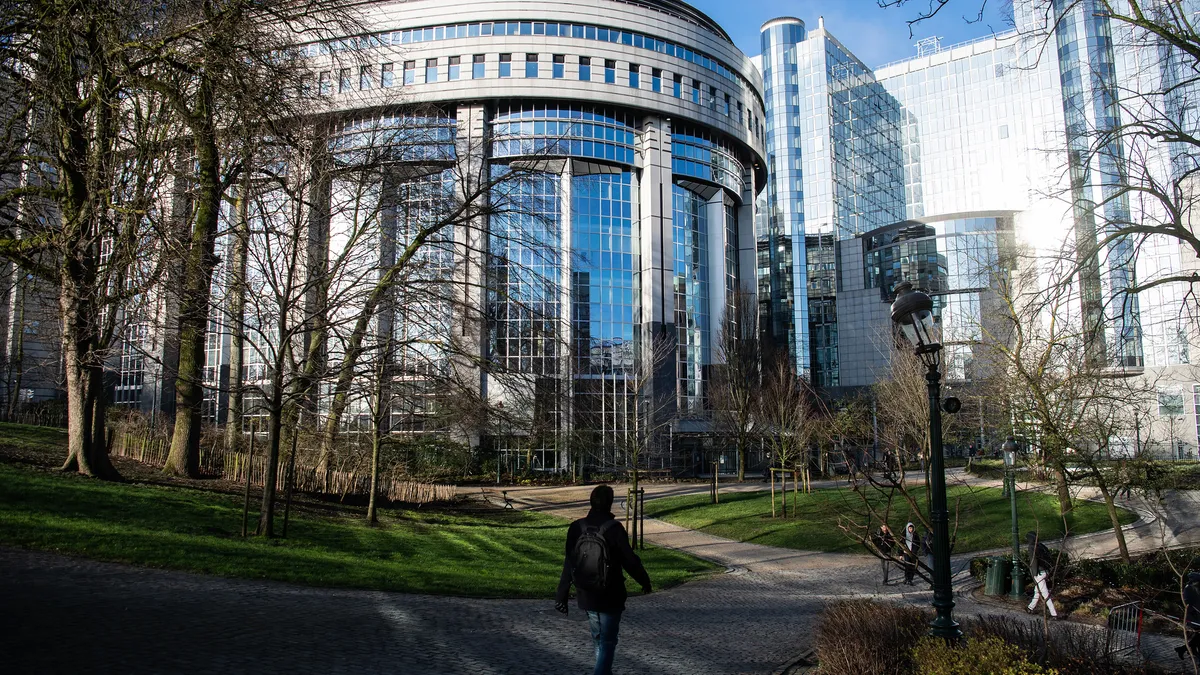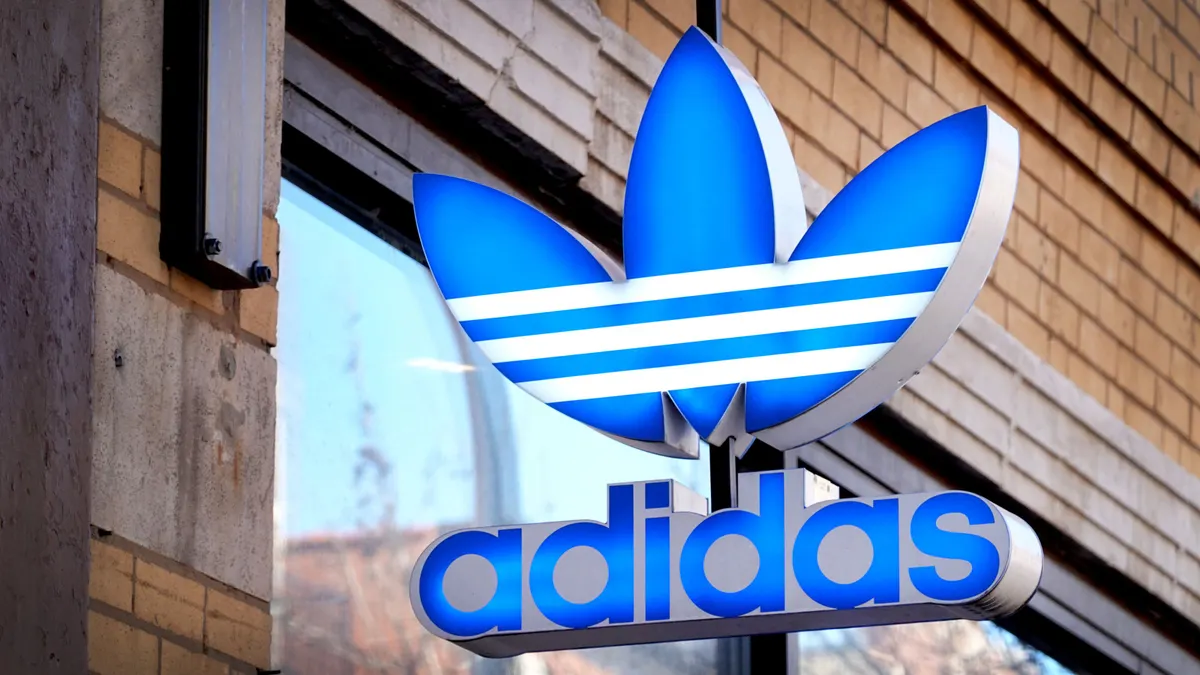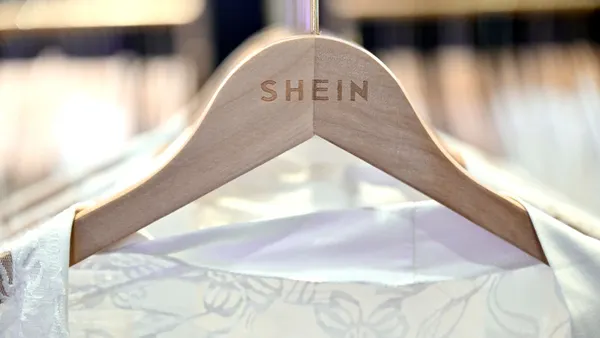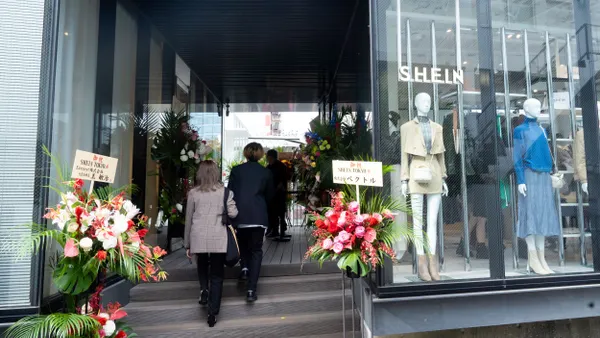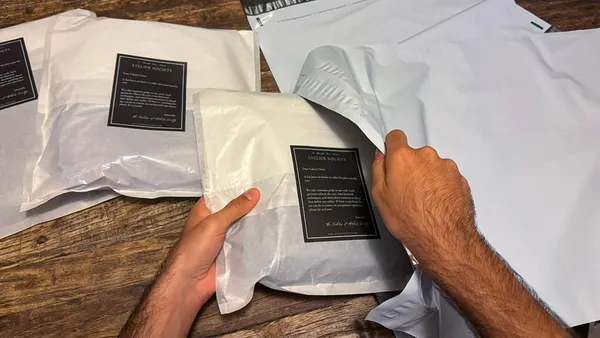Dive Brief:
- The Council of the European Union and the European Parliament have reached a provisional agreement on a regulation that would prohibit products made with forced labor, according to a news release Tuesday.
- The two governing bodies set criteria for how to assess potential violations of the agreement, which it called a “risk-based approach.” These criteria include the scale and severity of the suspected forced labor; the quantity or volume of products made available; the share of the parts of the product made with forced labor in the final product; and the proximity of economic operators to the suspected forced labor risks.
- In addition to setting the criteria, the council said the commission will establish a database “containing verifiable and regularly updated” information on forced labor risks, including reports from international organizations.
Dive Insight:
This announcement comes as more fashion companies are seeking to clean up their supply chains, in part to keep up with pending and passed regulations in the EU and in the U.S. One such regulation in the EU is the Corporate Sustainability Reporting Directive, which requires all large EU companies to “disclose data on the impact of their activities on people and the planet and any sustainability risks they are exposed to.”
The agreement reached this week needs to be endorsed and formally adopted by both institutions, per the release. The commission initially proposed this regulation in September 2022, and the Council adopted its negotiation position on it in January of this year.
The approved provisional agreement also clarifies that if only a part of the product is found to be in violation of the regulation, only that part must be disposed of.
“For instance, if a part of a car is made with forced labour, that part will have to be disposed of, but not the whole car,” the release stated. “The car manufacturer will have to find a new supplier for that part or make sure that it is not made with forced labour. However, if tomatoes used to make a sauce are produced using forced-labour, all the sauce will have to be disposed of.”
The move follows another regulation from the EU which would make it mandatory for large companies to report and prevent the use of child labor and damaging environmental practices in their value chains.
The EU has also taken steps at regulating the textile industry. In June of last year, the European Parliament approved recommendations for a strategy on sustainable and circular textiles, which would call for textiles sold in the EU to be more durable, and easier to reuse, repair and recycle.
Meanwhile in the United States, forced labor has also been a point of concern for the fashion industry, particularly for fast fashion companies. In 2023, a group of U.S. lawmakers launched an investigation into Adidas, Nike, Shein and Temu about their compliance with a 2021 law, the Uyghur Forced Labor Prevention Act, which bans products from Xinjiang region in China, a region where China has been accused of detaining more than 1 million Uyghur people.



